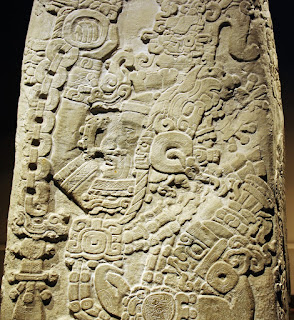Has Prosecco research lost its fizz?
There are many reasons to celebrate International Prosecco Day – but are researchers also raising a glass to one of Italy’s finest exports? Simon Linacre offers a quick taste of what we can learn from recent vintages of research outputs. For many of us, prosecco seems to have become the sine qua non of any gathering, combining as it does the popping cork, light fizz and often considerable price benefit compared to champagne. Celebrated on 13 August each year, it offers a chance for prosecco producers to market their wines, and for the rest of us to, well, enjoy them! But aside from the marketing fluff, what’s going on academically with prosecco? Dimensions and Altmetric – as well as being fantastically powerful tools to aid deep investigation of research topics – can also offer insight into almost any field of study. So, what can we glean from recent studies on prosecco? Sparkling wine glasses raised. Stock image. In Figure 1, we can see that the number of articles that men






.png)